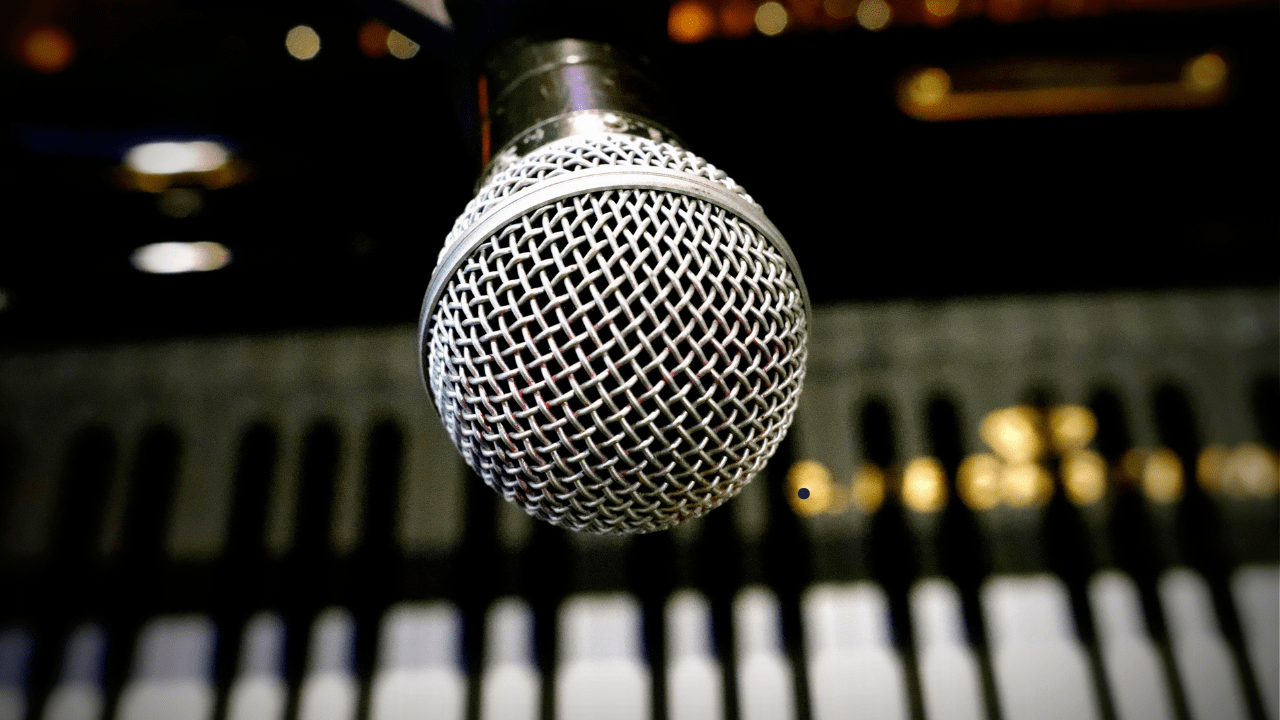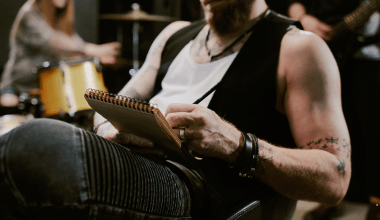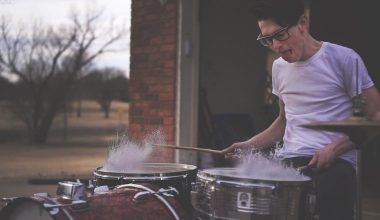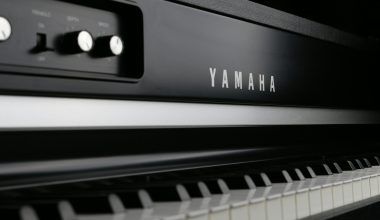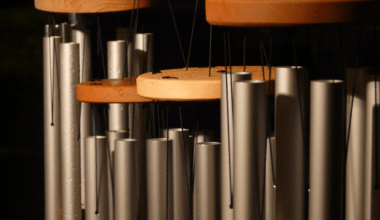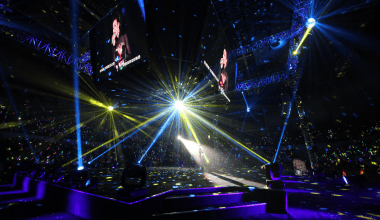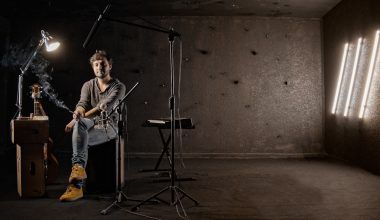When it comes to recording or performing vocals, choosing the best microphone for vocals is crucial. Whether you’re a budding singer, seasoned performer, podcaster, or voice-over artist, the right microphone can make all the difference in delivering a clear, professional sound. This ultimate guide will walk you through everything you need to know to pick the perfect mic for your needs.
Why Choosing the Best Microphone for Vocals Matters
The best microphone for vocals captures the nuances, tone, and emotion of your voice. A high-quality mic enhances your natural vocal characteristics, ensuring clarity and richness whether you’re recording in a studio or performing live. Without the right microphone, your vocals may sound flat, distorted, or lack the professional quality you’re aiming for.
Let’s explore the factors to consider when searching for the best microphone for vocals and highlight the top options in the market.
Types of Microphones for Vocals
Understanding the different types of microphones is the first step in choosing the best microphone for vocals:
1. Dynamic Microphones
Dynamic microphones are robust and versatile, making them ideal for live performances. They can handle high sound pressure levels and are less sensitive to background noise. The Shure SM58, for instance, is widely regarded as one of the best dynamic microphones for live vocals.
2. Condenser Microphones
Condenser microphones are known for their sensitivity and detailed sound reproduction. They are perfect for studio settings where capturing vocal nuances is critical. The Neumann TLM 103 and Audio-Technica AT2020 are among the top condenser mics for vocals.
3. Ribbon Microphones
Ribbon microphones offer a warm, vintage sound. They are more delicate but deliver exceptional performance for specific vocal styles, particularly jazz or classic vocals. The Royer R-121 is a popular choice for ribbon microphone enthusiasts.
Factors to Consider When Choosing the Best Microphone for Vocals
Finding the best microphone for vocals depends on several factors:
1. Purpose
Are you recording in a studio, performing live, or podcasting? Each purpose may require a different type of microphone.
2. Budget
Microphones range from affordable to premium. Establishing your budget will help you narrow down your options.
3. Vocal Style
Different microphones enhance specific vocal styles. For example, a condenser mic is ideal for soft, detailed vocals, while a dynamic mic suits powerful, high-energy singing.
4. Polar Pattern
The polar pattern determines how a microphone captures sound. Cardioid microphones, for instance, focus on sound directly in front and reject noise from the sides and rear, making them ideal for solo vocalists.
5. Frequency Response
A microphone’s frequency response affects how it reproduces your voice. Choose one with a range that complements your vocal tone.
Top Picks for the Best Microphone for Vocals
1. Shure SM7B
- Type: Dynamic
- Best for: Studio recordings, podcasts
- Why it’s great: The Shure SM7B is a favorite for vocal recordings due to its rich sound and ability to reject background noise.
2. Neumann U87 Ai
- Type: Condenser
- Best for: Professional studio recordings
- Why it’s great: Known for its legendary performance, the U87 Ai captures every vocal detail with unmatched clarity.
3. Rode NT1
- Type: Condenser
- Best for: Home studios
- Why it’s great: Affordable yet high-performing, the Rode NT1 delivers clear, professional-quality sound.
4. Audio-Technica AT2020
- Type: Condenser
- Best for: Beginners
- Why it’s great: An excellent entry-level microphone, the AT2020 offers great value for its price.
5. Sennheiser e965
- Type: Condenser
- Best for: Live performances
- Why it’s great: Combines rugged durability with outstanding vocal clarity.
How to Use Your Microphone for the Best Vocal Performance
To get the most out of your best microphone for vocals, follow these tips:
- Positioning: Keep the microphone at an optimal distance—usually 6–12 inches from your mouth.
- Pop Filter: Use a pop filter to reduce plosive sounds.
- Environment: Record in a noise-free, acoustically treated space for the best results.
- EQ Settings: Experiment with EQ to find the perfect balance for your voice.
Accessories to Enhance Your Vocal Recording or Performance
Enhancing your vocal setup requires more than just the best microphone for vocals. Consider these accessories:
- Pop Filters: Minimize plosives and enhance clarity.
- Shock Mounts: Reduce vibrations and handling noise.
- Mic Stands: Ensure stable microphone placement.
- Audio Interfaces: Improve sound quality by converting analog signals to digital.
- Headphones: Monitor your recordings in real-time.
Final Thoughts:
Choosing the best microphone for vocals is a significant investment in your craft. Whether you’re an aspiring artist or a seasoned professional, the right microphone will elevate your vocal recordings and performances to new heights. Consider your needs, budget, and style when making your choice.
With options ranging from the robust Shure SM7B to the versatile Audio-Technica AT2020, you’re sure to find the perfect match for your voice. Start exploring and let your vocals shine!
Related Articles:
For further reading, explore these related articles:
- Best Microphone for Singing at Home: Easy Guide for Beginners
- How to Write a Song: A Step-by-Step Guide for Beginners
- Music Publishing Made Easy: Learn How to Get Paid for Your Songs
For additional resources on music marketing and distribution, visit Deliver My Tune.
